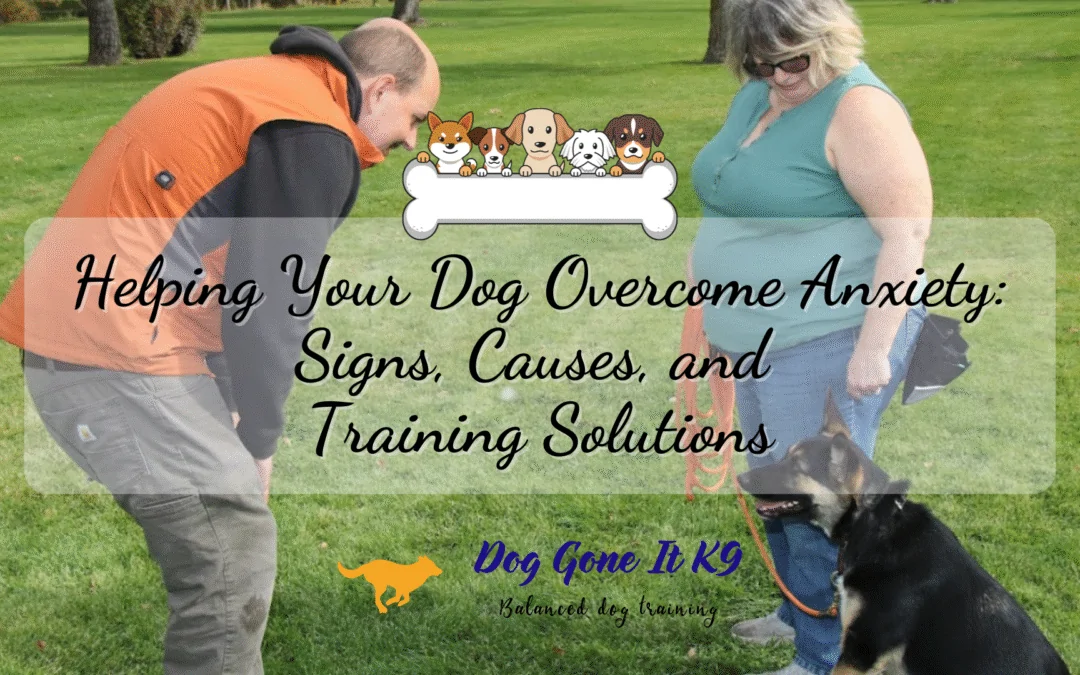Dog anxiety is a common issue that many pet owners face. Understanding the signs, causes, and effective ways to manage anxiety in dogs can significantly improve your furry friend’s quality of life. This guide will provide comprehensive insights into dog anxiety, including practical training tips to help soothe anxious behaviors.
What is Dog Anxiety?
Dog anxiety refers to a state of unease, stress, or fear that can affect dogs of all ages and breeds. It can manifest in different ways, ranging from mild nervousness to severe panic attacks. Recognizing the symptoms early and addressing them promptly can help prevent the anxiety from escalating and disrupting your dog’s daily life.
Symptoms of Anxiety in Dogs
Identifying anxiety in dogs can be tricky since many symptoms overlap with other behavioral or medical issues. Keep an eye out for these common signs:
- Excessive Barking – An anxious dog may bark more than usual, especially when left alone. This type of barking often sounds frantic or repetitive and may continue until the dog’s stressor is removed.
- Destructive Behavior – Chewing on furniture, shoes, or digging up the yard can be your dog’s way of coping with stress. Destructive tendencies are often seen in dogs struggling with separation anxiety.
- Licking or Self-Injury – Some anxious dogs lick their paws, legs, or body excessively as a self-soothing behavior. In extreme cases, this can lead to sores or infections.
- Restlessness – Pacing, whining, or an inability to settle down may indicate your dog is feeling unsettled or on edge.
- Changes in Appetite – Anxiety can cause a noticeable shift in eating habits, either reducing appetite or leading to overeating.
- Avoidance or Hiding – A dog that suddenly seeks solitude, hides under furniture, or avoids interaction may be displaying anxiety-related withdrawal.
Causes of Dog Anxiety
Understanding the root cause of your dog’s anxiety is crucial for finding the right solutions. Here are some of the most common triggers:
Separation Anxiety
This occurs when a dog becomes distressed when left alone or separated from their owner. Dogs with separation anxiety often vocalize, chew, or pace when they realize they are alone.
Loud Noises
Thunderstorms, fireworks, construction, or other loud, sudden sounds can trigger intense fear in dogs. Noise anxiety is one of the most common forms of phobia in pets.
Changes in Environment
Dogs thrive on routine and familiarity. Moving to a new home, welcoming a new pet or family member, or even rearranging furniture can create stress and trigger anxiety.
Medical Conditions
Certain medical issues, such as thyroid imbalances or neurological problems, can cause or worsen anxiety. Consulting with a veterinarian helps rule out underlying health conditions.
FAQs About Dog Anxiety
How Can I Help My Dog with Anxiety?
Start by identifying triggers and symptoms. Consistent training, enrichment activities, and calming techniques can make a big difference. In some cases, natural remedies or veterinary-approved medication may also help.
Can an Anxious Dog Be Cured?
While anxiety may not be fully “cured,” it can be managed effectively with the right training, structure, and care. Over time, many dogs show significant improvement.
What is a Natural Anti-Anxiety for Dogs?
Options include pheromone diffusers, calming supplements, and herbal remedies such as chamomile or valerian root. Pairing these with proper training enhances effectiveness.
Is It OK to Crate an Anxious Dog?
Yes, if the crate is introduced properly and used as a safe, comfortable space. The crate should never feel like punishment but rather a den where your dog feels secure.
How to Train a Dog That is Anxious Around Other Dogs?
Start with controlled, positive introductions. Use distance at first and reward calm behavior with treats and praise. Gradually reduce the distance and build confidence with slow, positive exposure.
Dog anxiety is a real and challenging issue, but with patience, consistency, and the right tools, you can help your dog feel calmer and more secure. By understanding the signs, causes, and treatment options, you’ll be better equipped to create a supportive environment that eases their stress.
At Dog Gone It K9, we specialize in customized training that helps dogs build confidence, overcome anxiety, and thrive in everyday life. Whether your dog struggles with separation anxiety, fear of noises, or social anxiety around other pets, our trainers can provide expert guidance and compassionate support.
👉 Contact Dog Gone It K9 today to schedule a consultation and give your dog the calm, happy life they deserve.

